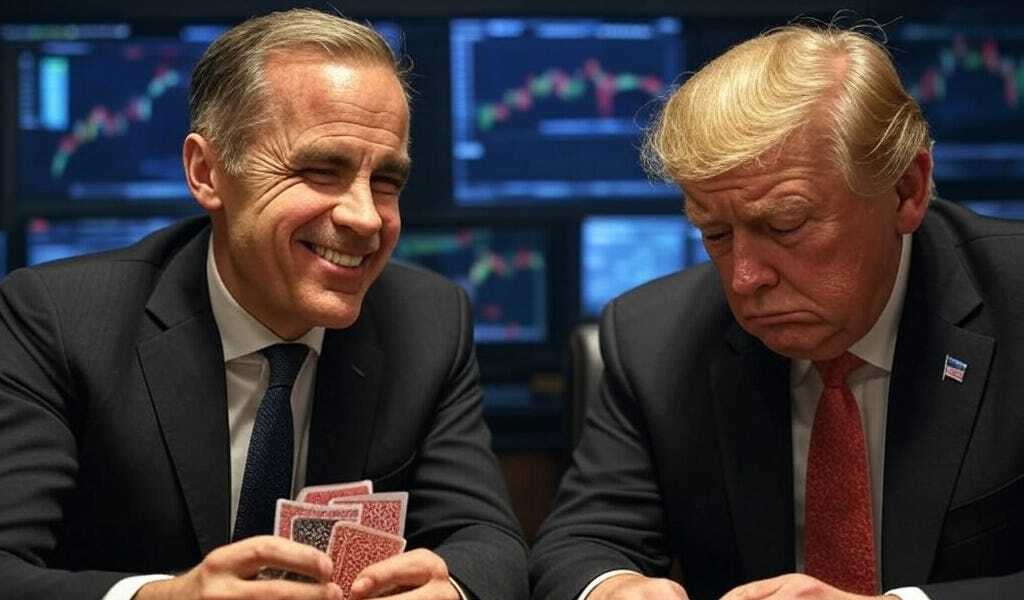Elbows were indeed up, it seems.
I still don’t understand why interest changes if it’s a fixed interest rate. I get that a bond could be sold for a lower price than initial purchase price, but does the interest rate only apply to the most recent sale price of the bond?
The interest rate isn’t fixed, the bond yield (in dollars) is fixed.
Its presented as a percentage interest rate which can be variable.
For example let’s say you have a $1000 bond that pays a $50 dollar yield at maturity. The rate would be 5% (50/1000).
If the market is flooded with bonds, their value would decrease due to increased supply. Now that bond may only be worth $900 but still pays a fixed yield of $50. The interest you get paid in this scenario is now 900/50 = 5.5%
This is great if you are a lender. When you buy bonds you are essentially lending money the government and now your yield will be higher.
But many ordinary people are more often in the position of borrower. The interest rate for mortgages, car loans etc. are based off of bond rates. So if that rates goes up, many major purchases become more expensive over time. Small businesses are also heavily impacted by increased borrowing costs.
Generally, higher bond rates represent decreased confidence in a government entity’s fiscal responsibility. When US federal bonds are sold off collectively, the rate goes up, signalling that investors have lost faith in the US government reliably paying back its debts.



